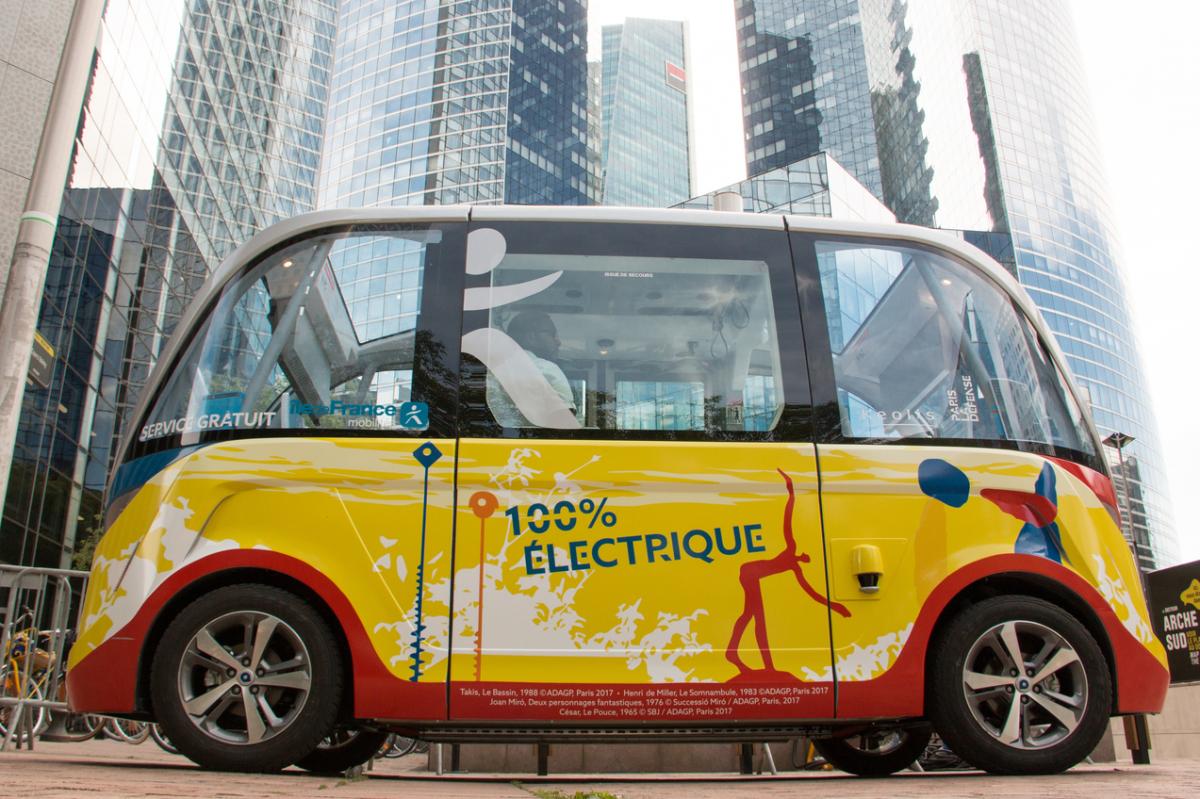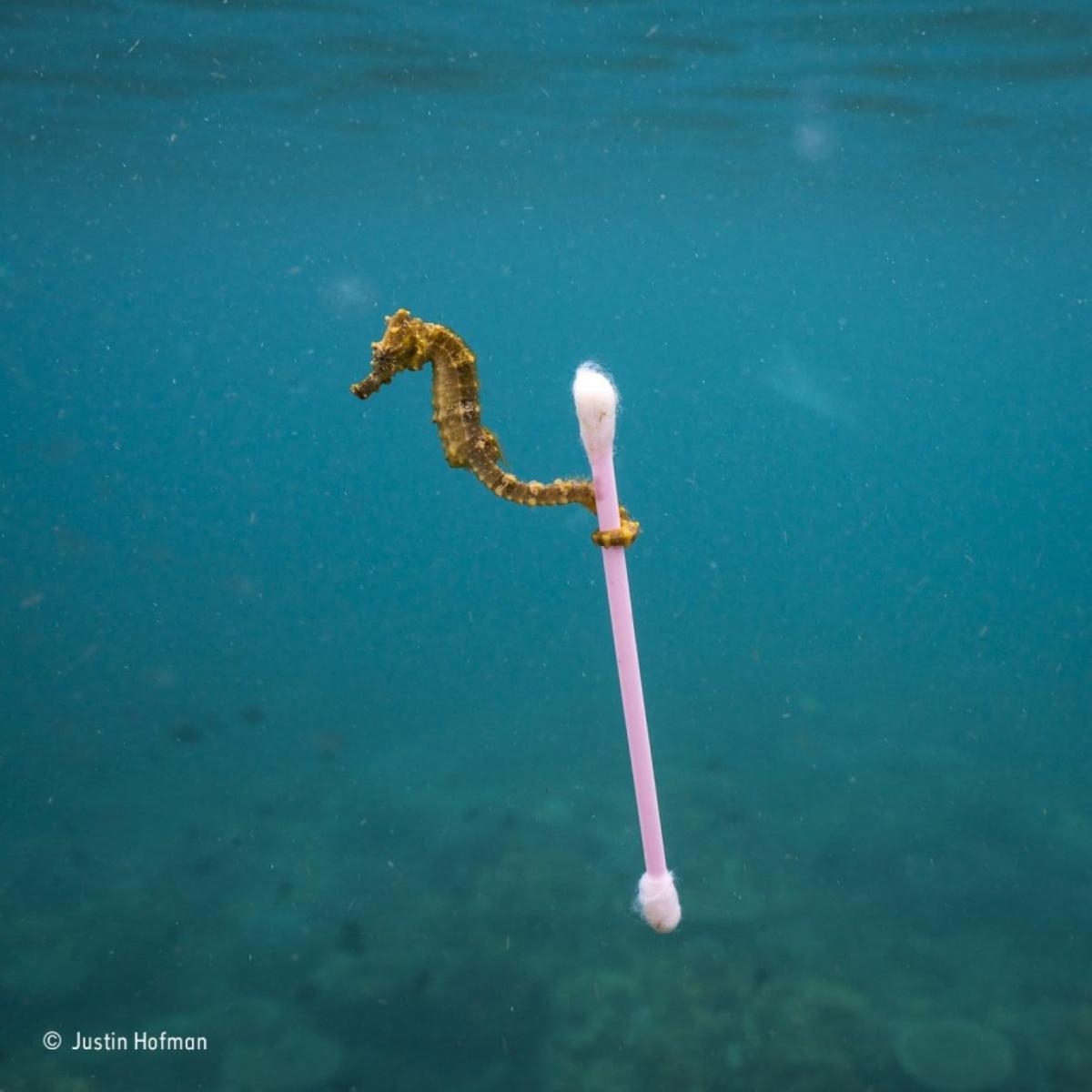Tesla boss Elon Musk was a major player in two of our 10 biggest stories of the year: the dizzying rise of electric vehicles and spectacular growth of microgrids
Tesla founder Elon Musk was Ethical Corporation top newsmaker in 2017, because of his strong association with two of our three top 10 stories of the year: the emergence of the electric car as the future of mobility, and the spectacular growth of microgrids and battery storage.
The former was the clear-cut winner for the most important sustainability story of the year. Oil producer Norway’s announcement in June that it would ban the sale of diesel and petrol cars by 2025 was quickly followed by similar statements from France and the UK in July. Meanwhile cities around the world scrambled to announce ambitious plans to purchase electric buses and ban internal combustion cars.
But as Angeli Mehta reports, the biggest development was China’s announcement in September that it would mandate that 10% of cars sold in the country be EV by 2019, which put a rocket under the entire auto industry to hasten away from diesel and petrol.
Number two is green finance, something that has been top of mind for sustainable business since the launch of the Task Force on Climate-Related Financial Disclosure. Mark Hillsdon looks at how China, which put green finance on the G20 agenda during its presidency in 2016, stepped into the climate leadership role vacated by the US under Trump to become the biggest player in the global green bonds market.

Third spot goes to the huge growth in energy storage and microgrids in 2017. Mike Scott reports on how technologies that started 2017 under the radar ended it in the mainstream, unlocking some of the key barriers to the growth of electric vehicles and renewable energy.
Diana Rojas brings us our fourth story: charting an extraordinary year in the US as corporate America responded to the new Trump Administration. It was a year when Interface hired lobbyists for the first time, Patagonia took the government to court, RE100 membership boomed and the We Are Still In coalition grew to 2,500 members.
For number five, Nadine Hawa charts a momentous year in human rights and business, with the launch of the Corporate Human Rights Benchmark, some game-changing new alliances, the spread of new technologies, and France’s duty of vigilance law.
The issue of ocean plastics gathered increasing urgency during the year, culminating with David Attenborough’s highlighting of the perils they pose to the planet in Blue Planet 2. For number six, Maxine Perella looks at how voluntary takeback schemes took off this year, with companies targeting specific materials, particularly plastics, to take back into their supply chains or use to generate social value.
It was a year in which the battle to stop deforestation continued to rage across the planet, with new research showing that our tropical forests now emit more carbon than they store. Yet 2017 ended with a flurry of new commitments and partnerships aimed at saving forests and restoring millions of hectares of degraded land, as Mark Hillsdon reports in number seven of our top stories.

Martin Wright brings us number eight, looking at what companies have learnt about the vexed question of Britain’s future post Brexit over 2017. It was a rollercoaster of a year, but ended with strong indications that we will avert a hard Brexit from unlikely sources including environment secretary Michael Gove.
The storms that battered the US this year have been physical as well as political. For story number nine our US west coast correspondent, April Streeter, reports on how being hit by 15 natural disasters increased public awareness of climate change, with 74% in a Pew survey now agreeing there is solid evidence of global warming. The mega-storms also gave urgency to the 100 Resilient Cities movement, as cities from New York to New Orleans partnered with NGOs and companies to batten down the hatches.

Last but not least, Claire Manuel writes about how the Sustainable Development Goals made big inroads in 2017, referenced in four-fifths of company reports. But with only 6% of companies measuring their contributions to key SDGs, more work is needed to translate companies’ intention in real action.
It has been an eventful year, and Ethical Corporation’s talented team of contributing journalists, including editorial and digital content executive Rebecca Ley, have worked hard to keep abreast of new developments and interpret them for readers.

In 2018 we will continue to showcase the best of independent journalism, tackling the issues with the most profound impact on sustainable business, and complementing our industry-leading conferences. We start the year with a single-issue briefing on artificial intelligence and robotics, looking at how companies are preparing for their disruptive impact on the workplace, employment and supply chains. You can see what else we have in store here.
Wishing all our readers a happy and sustainable Christmas,
Terry Slavin
Editor
1 The year the future of mobility turned electric
2 China and Carney taskforce boost climate finance
3 Energy storage and microgrids take centre stage
4 Leading CEOs refuse to join Trump in race to the bottom
5 Focus sharpens on human rights in supply chains
6 Brands sign up for voluntary takeback schemes
7 Green shoots of hope for forests
8 Britain seems to back away from hard Brexit
9 US super-storms spur growth of resilience movement
10 Corporates embrace SDGs but prove slow to act
China climate EV battery storage cities green finance deforestation human rights and business supply chains

